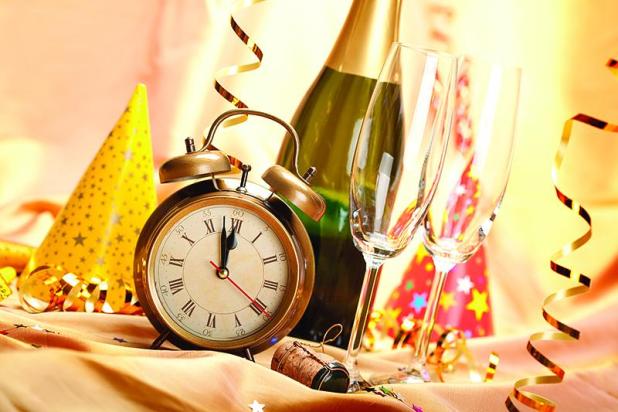
Tips to rebound after a fun New Year’s Eve
New Year’s Eve is a popular night to go out on the town. It’s customary to usher in a new year with friends and family members, and such gatherings tend to run late as celebrants anxiously await the stroke of midnight.
The later a New Year’s Eve celebration goes, the more likely revelers may have to battle a little fatigue on the first of January.
With that in mind, celebrants can consider these ways to rebound after a fun New Year’s Eve.
—Make a concerted effort to rehydrate. Though it may be best to avoid or limit alcohol consumption, many people throw such caution to the wind on New Year’s Eve. If you went a little overboard in your New Year’s Eve revelry, make a concerted and consistent effort to rehydrate upon waking up on Jan. 1.
The National Institute on Alcohol Abuse and Alcoholism notes that mild dehydration is one of the contributing factors to a hangover. The NIAAA notes that alcohol suppresses the release of a hormone called vasopressin, which sends signals to the kidneys causing them to retain fluid. When a person is drinking alcohol, they tend to urinate frequently and, as a result, experience an excess loss of fluids. Rehydrating the following day can help the body begin to heal.
—Do not consume more alcohol. Most people have heard of the phrase “hair of the dog that bit you,” which refers to drinking more alcohol after waking up the morning after overindulging. Though the NIAAA notes that this can provide temporary hangover relief, it also may prolong the hangover, the symptoms of which will return once the “hair of the dog” wears off.
—Engage in some light exercise. Various sources advise against sweating out a hangover, an approach that typically calls for individuals to engage in high-intensity, potentially lengthy exercise. Such exercise can exacerbate feelings of dehydration.
A low-intensity workout can help, however. Such workouts, which may include light jogging, can still release endorphins, which can help to improve mood and increase oxygen flow to the brain.
—Take a nap. Alcohol consumption adversely affects sleep quality. According to the Sleep Foundation, though alcohol can have a sedative-like quality that induces sleepiness, excessive alcohol consumption has been linked to poor sleep quality and duration.
In essence, the sleepiness associated with overconsumption of alcohol can quickly wear off, interrupting sleep overnight. A New Year’s Day nap can have a restorative effect.
It’s unwise but not uncommon to overdo it when celebrating on New Year’s Eve. Though it’s always best to avoid overconsumption of alcohol, regardless of the occasion, some simple strategies can help people feel better come New Year’s Day.
